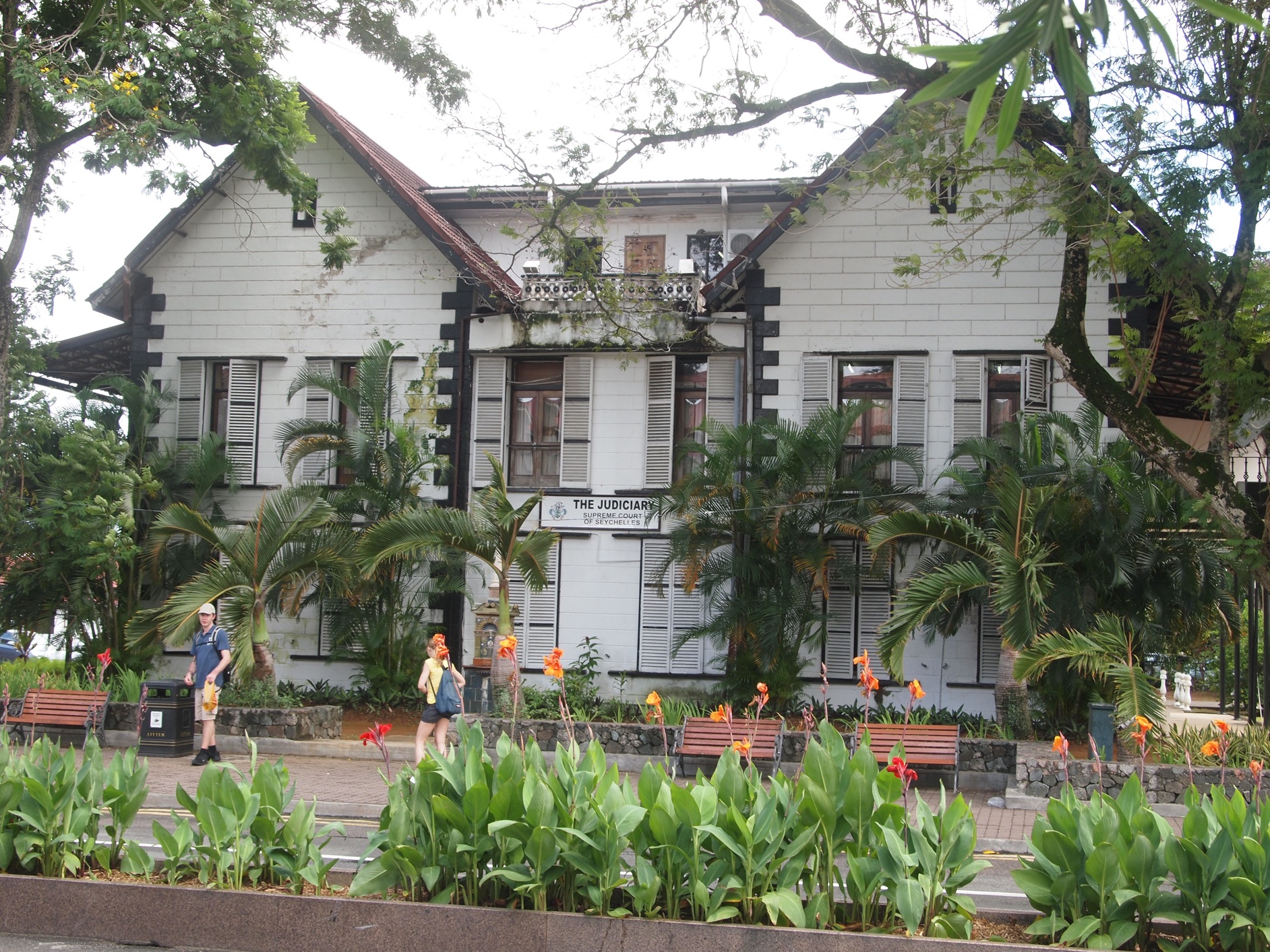A research abstract reporting new research on legal metadata (see slides here), by LII Director Tom Bruce, and Robert Richards of the University of Washington, was presented on June 8 at ICAIL 2011, the 13th International Conference on Artificial Intelligence and Law, at the University of Pittsburgh School of Law.
The research abstract — entitled Adapting Specialized Legal Metadata to the Digital Environment: The Code of Federal Regulations Parallel Table of Authorities and Rules — describes a specialized category of legal research tools — which the authors call “ponts” — that “express connections between different categories of legal metadata.” These tools include
In this research abstract, the authors note that the information in these tools, created for the print environment, is often imprecise or ambiguous. Thus these tools were originally designed to require human users to intervene to complete the desired connection between different types of metadata. Such imprecision, ambiguity, and dependence on human intervention reduce the value of ponts in the digital environment, in which metadata is most useful if it can be processed by software without human intervention.
Through a case study of the PTOA, the authors demonstrate how ponts can be re-engineered to be of greatest use in the digital environment. With examples of PTOA data marked up in XML and RDFS/OWL, the authors describe how such re-engineering could render the PTOA interoperable with many information systems and other data, could encourage innovation, and could be used for a variety of purposes and in a variety of systems, including scholarly research, information retrieval, public administration systems, regulatory compliance systems, geographic information systems, and e-Participation systems.
As models, the authors identify John Sheridan‘s use of a pont — the Table of Legislative Effects — in the UK National Archives’ advanced online legislative system, Legislation.gov.uk, as well as the use of pont-like data, encoded in the CEN MetaLex XML specification and the OWL Web Ontology Language, by Tom van Engers and Alexander Boer of the Leibniz Center for Law, in their innovative e-Government system, Advanced Governance of Information Services through Legal Engineering (AGILE).
The discussion following the presentation of the research abstract at ICAIL concerned the Congressional Record History of Bills as a pont that might be appropriate for re-engineering for the digital environment; the possibility of using software to automatically detect and characterize the relationships between types of metadata linked by ponts; and various existing XML specifications that might be suitable for encoding the PTOA.
LII plans to develop a prototype of the digital PTOA later in 2011.






 The
The 



 LII Director
LII Director 